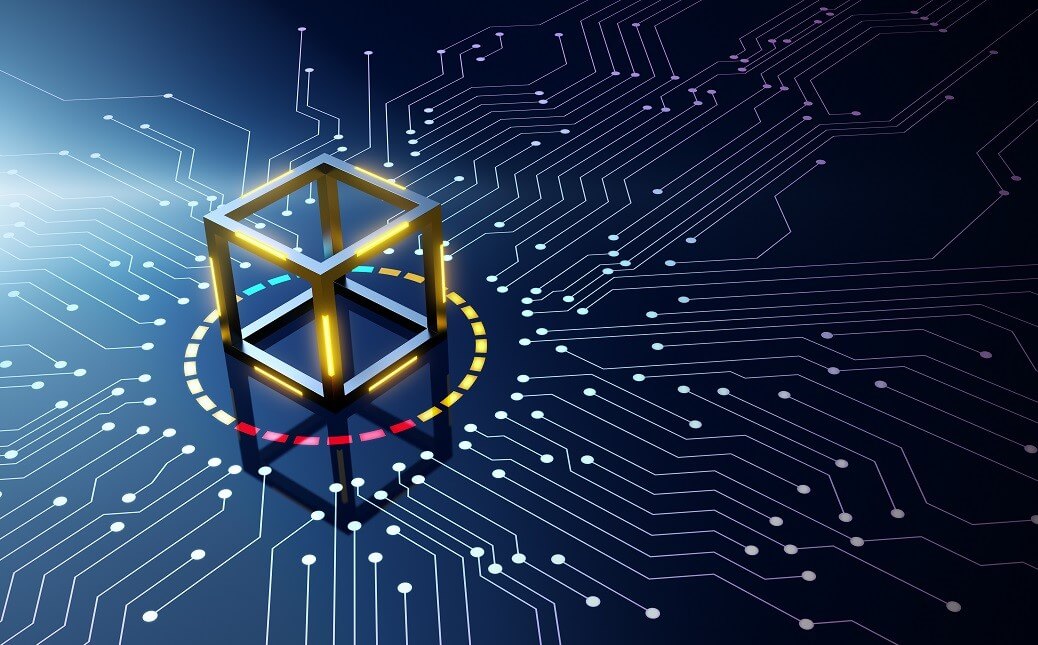
What are Nodes? a brief explanation
In the realm of cryptocurrency, a 'node' typically refers to a computer or device actively participating in a blockchain network. These nodes are integral to the decentralized architecture of blockchain technology, as they maintain a complete copy of the blockchain ledger and verify transactions, ensuring the system's integrity.
Within a blockchain network, various types of nodes fulfill distinct functions:
Full Nodes: These nodes download and validate the entire blockchain, meticulously checking each transaction and block against the network's consensus rules. By upholding protocol standards, full nodes contribute significantly to the blockchain's security.
Miner Nodes: Responsible for the process of mining, these nodes compete to solve complex mathematical puzzles, enabling the creation of new blocks. Miners play a vital role in additing validated transactions to the blockchain and are rewarded with cryptocurrency for their efforts.
Lightweight nodes (or SPV Nodes): Unlike full nodes, lightweight nodes do not store the entire blockchain locally. Instead, they rely on full nodes to provide relevant data as required. This approach conserves storage and bandwidth, making lightweight nodes ideal for mobile and web wallets.
Masternodes: Certain blockchain networks, such as Dash, incorporate masternodes. These nodes go beyond transaction validation, performing additional functions like facilitating instant transactions, participating in governance mechanisms, and enhancing privacy features.
Nodes within a blockchain network communicate with one another to propagate transactions and blocks, ensuring a consistent ledger accross all participants. This decentralized communication structure mitigates the risk of single points of failure and censorship, thereby enhancing the resilience and transparency of blockchain networkds.
Adding to this, it's crucial to note that every computere in the blockchain network acts as a node. They constantly communicate with each other, exchanging information to verify transactions and update the common database. While some nodes are responsible for both verifying transactions and adding them to the blockchain (miners), others solely focus on transaction validation without appending them. This distinction underscores the diverse roles that nodes play withing the blockchain ecosystem, reinforcing the network's decentralized and collaborative nature.

cardano staking pool cardaspians nodes staking crypto cryptocurrency